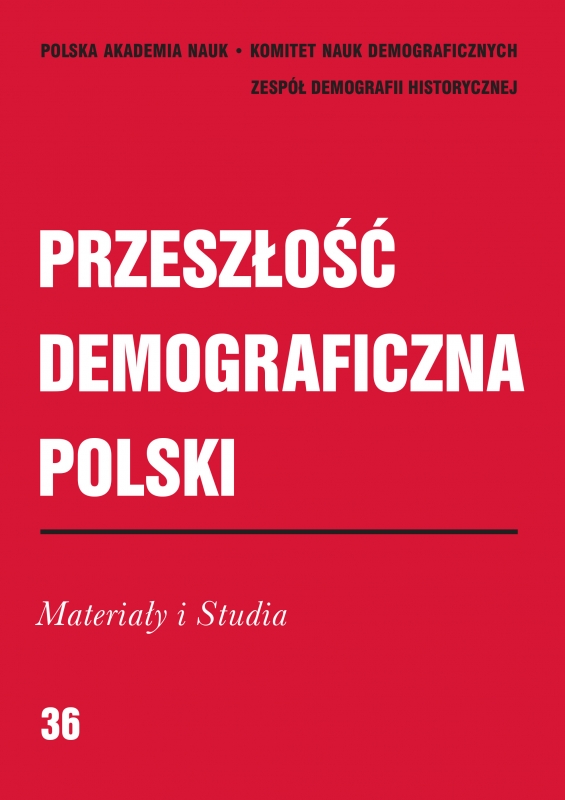The impact of smallpox and vaccination in Northern Germany in 18th and 19th centuries
Abstrakt
The impact of smallpox and vaccination in Northern Germany in the 18th and 19th centuries
In Germany, like in other parts of Europe, vaccination has traditionally been considered as a success story, but recent research has led to some doubts about its true effects. Although the demographic impact of this innovation is the most important criterion for its evaluation, a larger statistical research into the matter has never been carried out. The present article provides one remedy in the form of an analysis based on contemporary statistical material from Northern Germany, especially Prussia, concerning the period between the Seven Years’ War and the 1840s. Calculations from the literature of that time have also been taken into consideration. The results show impressive direct and indirect effects of vaccination on demographic growth in Germany. Its main agent was a decline of child mortality with all its consequences, in particular a larger number of adults entering a far more deregulated matrimonial market, but, to some degree, probably also an improved health statusof these generations.

